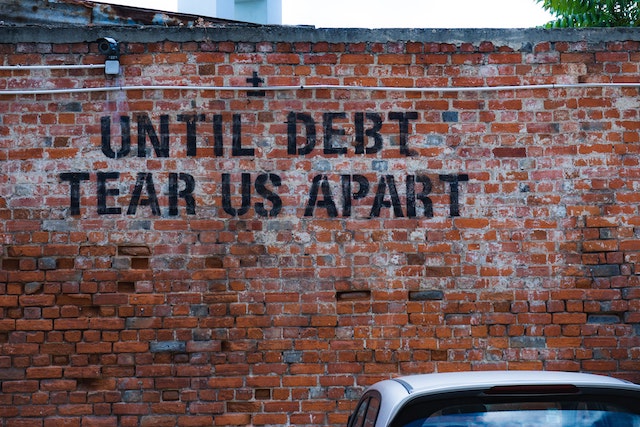
Did you know that every year countries of the Global South spend $300 billion on debt repayments, often not leaving enough money to adequately fund basic services? Loans often come with strict policy conditions that borrowing countries must accept whether or not these conditions undermine economic, social, and cultural rights.
To take just one example, in 2007 Ecuador’s government spent more on debt payments than on health care, social services, the environment, housing and urban development combined, all areas where money was badly needed. The following year, when the country carried out an audit of its historical debts it found that overall the borrowing, debt restructuring and conditions imposed by lenders had caused “incalculable damage” to society. The conclusion was that the biggest part of the debt was a result of corruption, lack of transparency and ‘shady’ deals that did not benefit the people of Ecuador.
Ecuador is not alone. In 2019, 64 countries were spending more on debt payments than on health, 45 countries were spending more on debt payments than on social protection and 24 countries were spending more on debt payments than on public education.
But, who is this money owed to? What are policy conditions associated with these loans? What happens if these policy conditions undermine democracy and progress on the SDGs or dealing with climate change? And, what responsibilities do lenders have? When does a loan become an illegitimate debt?
Although the issue of debt is central to understanding the root causes of many of the inequalities and challenges that we face in the world, it can often seem complex and highly technical. This course provides an accessible overview of the issue of sovereign debt and debt crises from a global justice perspective, while also looking at some of the solutions being proposed in order to achieve debt justice.
In the late 1990’s and early 2000s, the Jubilee debt campaign emerged and made significant progress in highlighting the injustices of historical debt and demanding debt cancellation and a fair economy.
Of course, this is an issue that doesn’t only affect countries in the Global South. In recent years Ireland had its own debt crises when the Irish government guaranteed the loans of private banks, subsequently borrowing from the IMF, European Commission and other lenders totalling €67.5 billion. The loans came with stringent conditions imposing harsh austerity on the country.
While debates – academic and political – continue to rage about the causes and consequences of debt crises, and the appropriate way of responding to them, there is no question that this is a crucial issue for anyone interested in the major challenges we now face.
The purpose of this short course is to give educators and facilitators who wish to go a little deeper in terms of their understanding of this issue and provide training to adults on the subject of debt justice the tools to do so.






